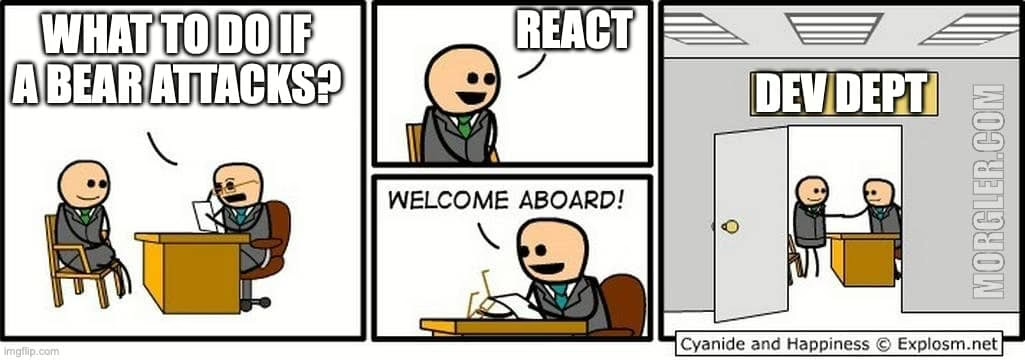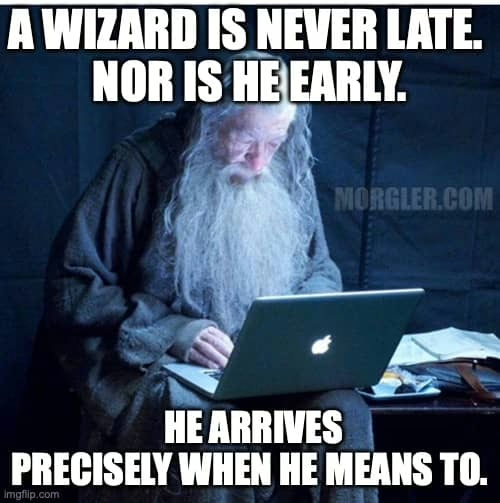There’s a lot of anxiety in the air.
AI is coming for developers. Coding assistants are getting smarter by the month. Junior roles are vanishing. Whole classes of developers are wondering: Will there be a place for me?
But what if we’ve been looking at this all wrong?
What if this moment—what some call the beginning of the end—is actually the beginning of a correction? Not a collapse. But a return. A revaluation of what it actually means to be a software engineer.
We Hired Too Many People Who Could Code—But Not Build
Let’s be honest: the software industry grew too fast for its own good.
The demand was enormous. The pay was attractive. And the bar was low.

We needed code, and we didn’t care too much how it got written. As long as it shipped. As long as it looked like it worked. We let people in who never learned the craft. Who didn’t want to. Who could patch together code from Stack Overflow or now from AI—and call it a day.
They were coders. But not engineers.
They could produce code, but not sustain a system.
They could write functions, but not reason about architecture.
They could build features, but not deliver long-term value.
And the industry tolerated this—because there was no other way to meet the demand.
Until now.
Enter AI: The Great Leveler
AI changes the economics. It automates the shallow end of the pool.
The vibe coders, the copy-paste engineers, the ones who couldn’t explain their own code? AI can do their job now. Faster. Cheaper. Without asking for a raise.
That sounds like bad news—unless you’ve been doing this job on purpose.
Because here’s the twist: what AI can’t replace is the thinking. The architecture. The judgment. The real engineering.
And in a world where 80% of shallow tasks are now automated, the remaining 20% becomes exponentially more valuable.
The Return of the Software Engineer
This isn’t the death of software development.
It’s the death of software development as mechanical labor. And the rebirth of software development as a thinking profession.
The future belongs to developers who:
- Understand tradeoffs
- Think in systems
- Empathize with customers
- Know how to read AI-generated code critically
- Can distinguish between what works and what lasts
And here’s the beautiful irony: for years, the market undervalued these people. The ones who practiced TDD. Who cared about clean code. Who studied XP. Who fought for frequent refactorings. They were “slower,” “too opinionated,” “not pragmatic enough.”
Now? They might be the only ones who can work with AI productively.
Because they can spot the hallucinations.
Because they know when to say no to a suggestion.
Because they don’t just build features—they build foundations.
A Flight to Quality
In economics, there’s a phenomenon called a “flight to quality”—when uncertainty rises, people seek safer, more reliable options.
We’re about to see that in tech.
As AI (or the vibe coders using it) floods the market with more code, more prototypes, more half-baked MVPs, the companies that really care about shipping sustainable products will start looking for the people who know what they’re doing.
Not just coders. Engineers. Builders. Professionals.
AI isn’t the threat.
Mediocrity is.
And AI is just making that mediocrity visible.
This Is Not the End—It’s the Shakeout
Yes, some developer jobs will go away. But the ones going away were never stable to begin with. They were built on brittle foundations: shallow training, superficial output, no understanding of quality.
This shakeout will hurt—but it will also heal.
Because what’s left will be stronger.
Because the industry will start valuing depth again.
Because the next generation of developers won’t just be taught to prompt—but to think.
And that is good news for software engineering.
So If You’re Worried… Don’t Be. Prepare.
- Learn systems thinking
- Practice test-driven development
- Study clean code—not just because it looks nice, but because it matters
- Understand architecture, tradeoffs, and why some solutions age better than others
- And most of all: learn to read what the AI gives you. Learn to argue with it.
Because the future isn’t prompt engineers. It’s critical engineers.

